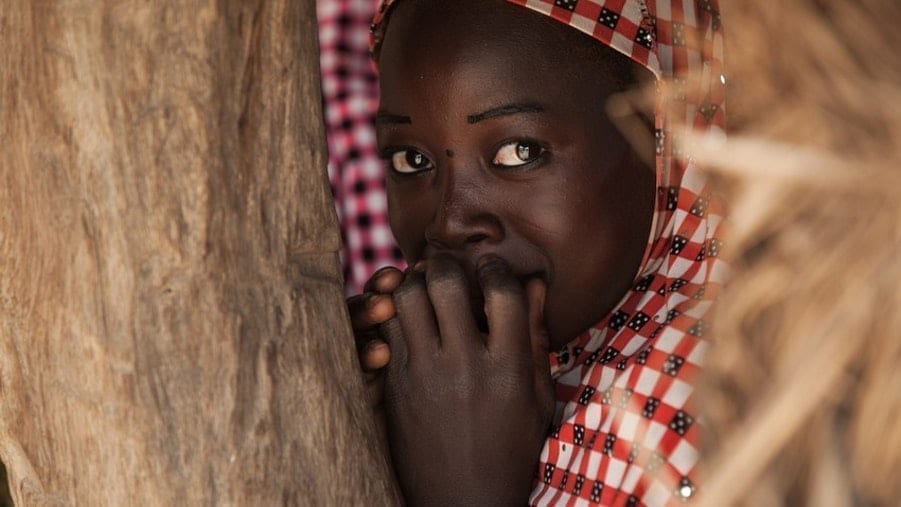Mr Karikari-Boakye Yiadom, a private legal practitioner, has cautioned relatives of deceased persons against ejecting surviving spouses and children from their matrimonial home before the distribution of properties.
Mr. Yiadom, who is also a Senior Associate at Excel Legal Consultancy, stated that “a person shall not, before the distribution of the estate of a deceased person, whether testate or intestate, eject a surviving spouse or child from the matrimonial home.”
He said this in a presentation on the topic “Property ownership among spouses: the essence of wills” as part of a bi-monthly online sensitization programme organised by Evolve a nondenominational Christian faith-based women’s group in Tema.
He added that this would apply where the matrimonial home was the self-acquired property of the deceased or where the matrimonial home was rented property, indicating that unless the ejection was pursuant to a court order.
He explained that in the case where the matrimonial home was the family house of the deceased or public property, unless a period of six months and three months, respectively, had expired from the date of the death of the deceased, the spouse or children could not be ejected.
The legal practitioner defined the matrimonial home as the house or premises occupied by the deceased and the surviving spouse, or the deceased and a surviving child, or all of them, at the time of the deceased’s death.
He further said any other self-acquired house of the deceased occupied by the surviving spouse, child, or both at the time of the deceased’s death qualified as a matrimonial home.
Touching on the distribution of properties in accordance with the deceased’s will, he stated that generally, only persons mentioned in the provisions of a will shall benefit under the will.
He added, however, that an exception to this general rule was a reasonable provision to a spouse under Article 22 of the 1992 Constitution and Section 13 of the Wills Act (Act 360) to a spouse, a parent, or a child under 18 years.

















